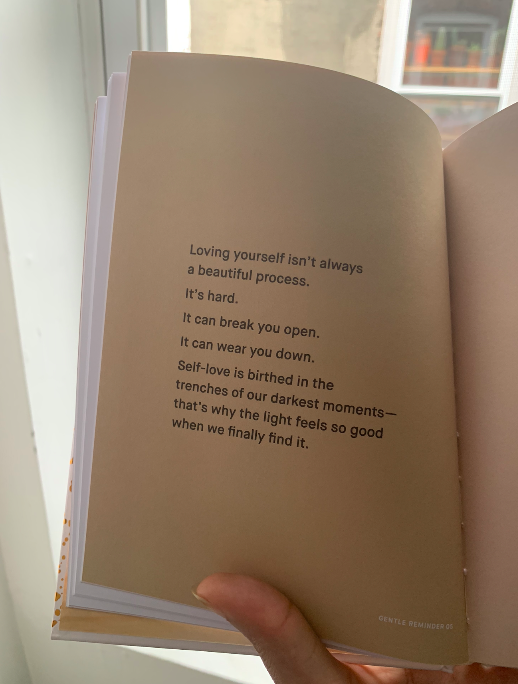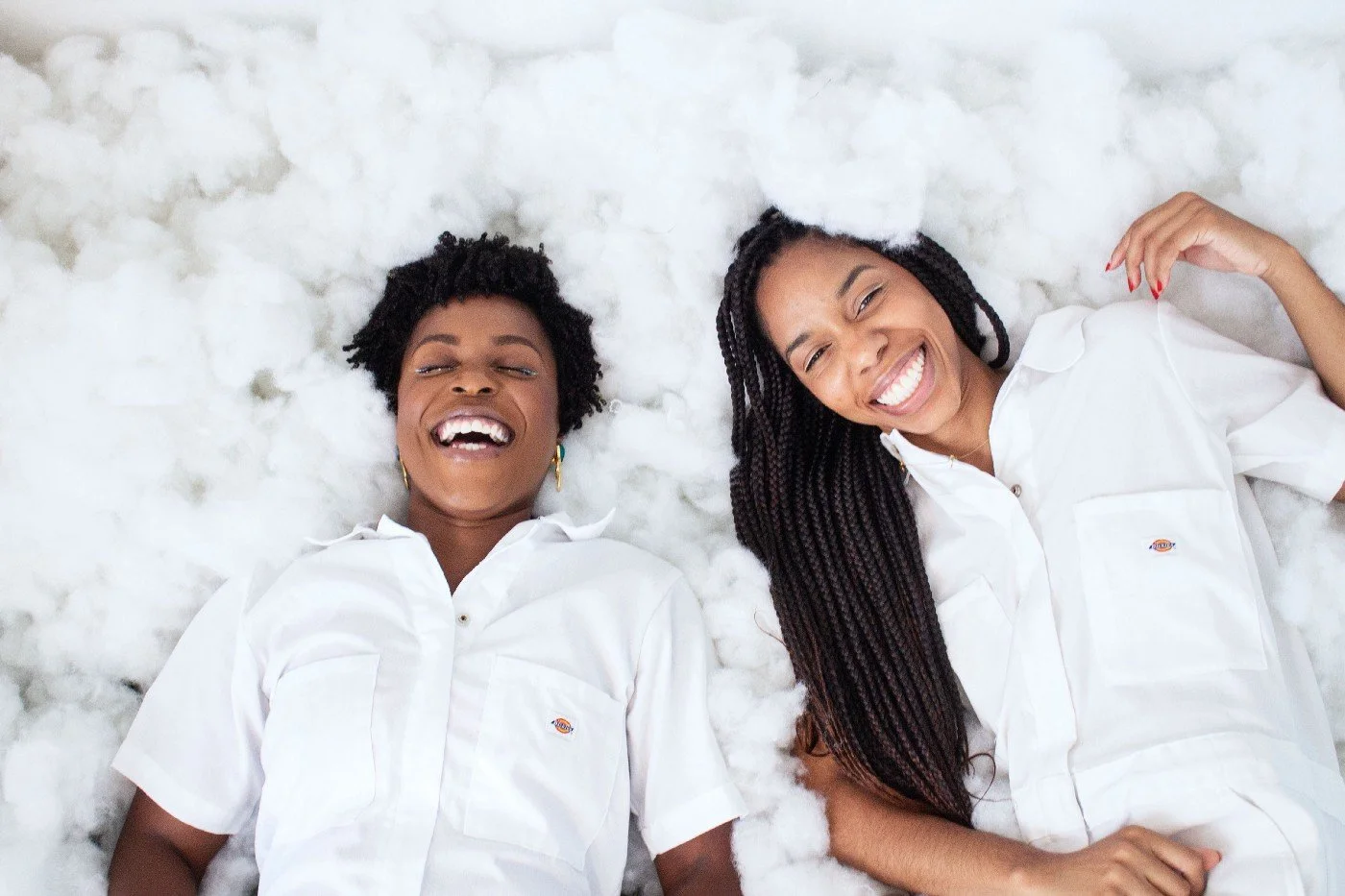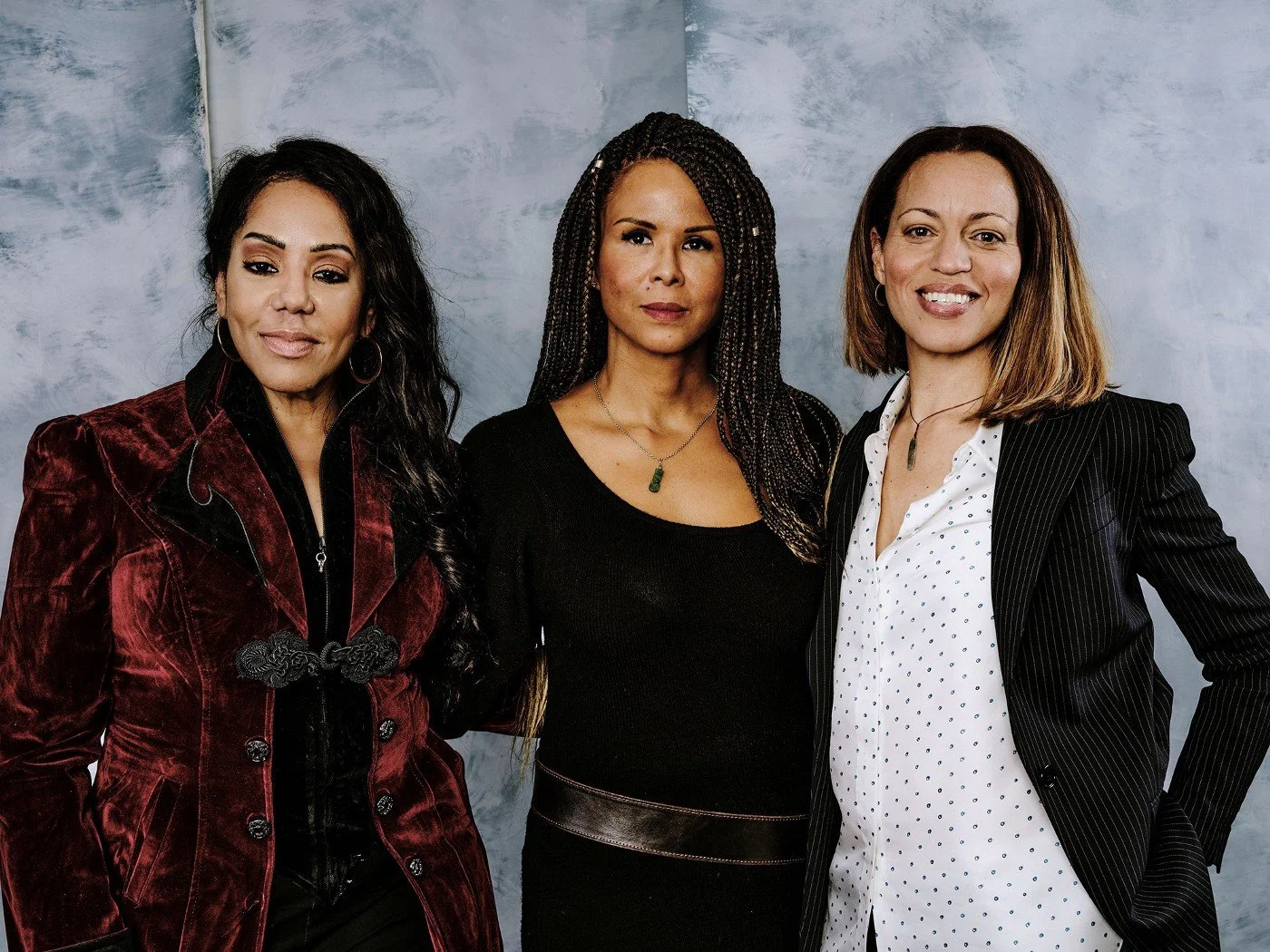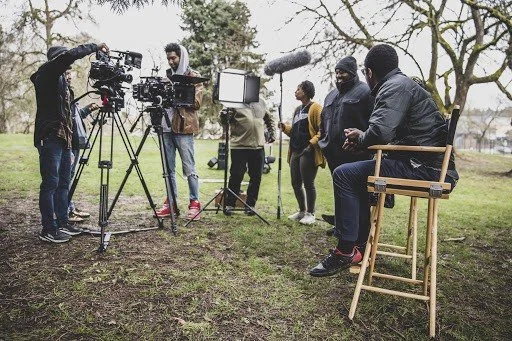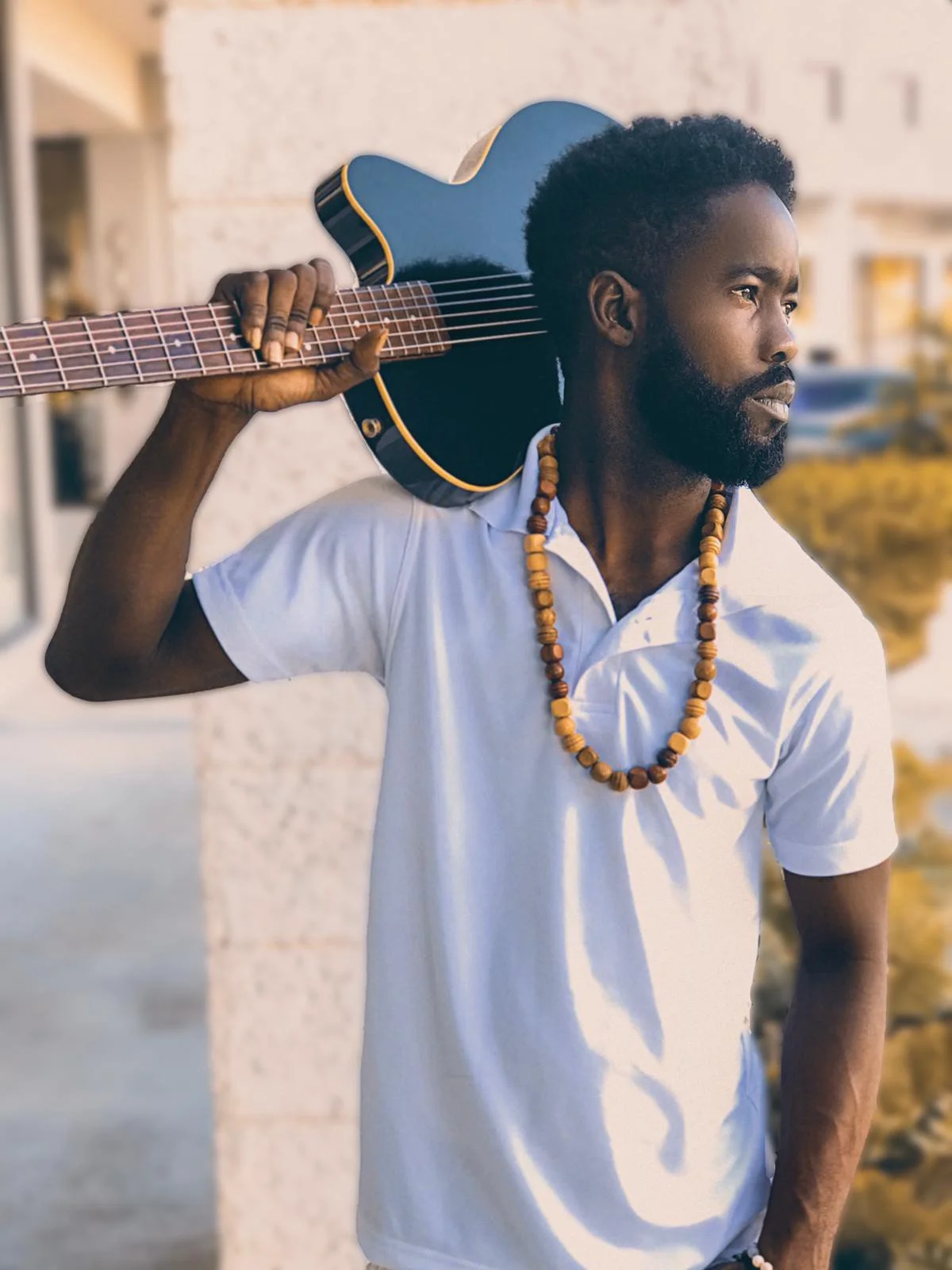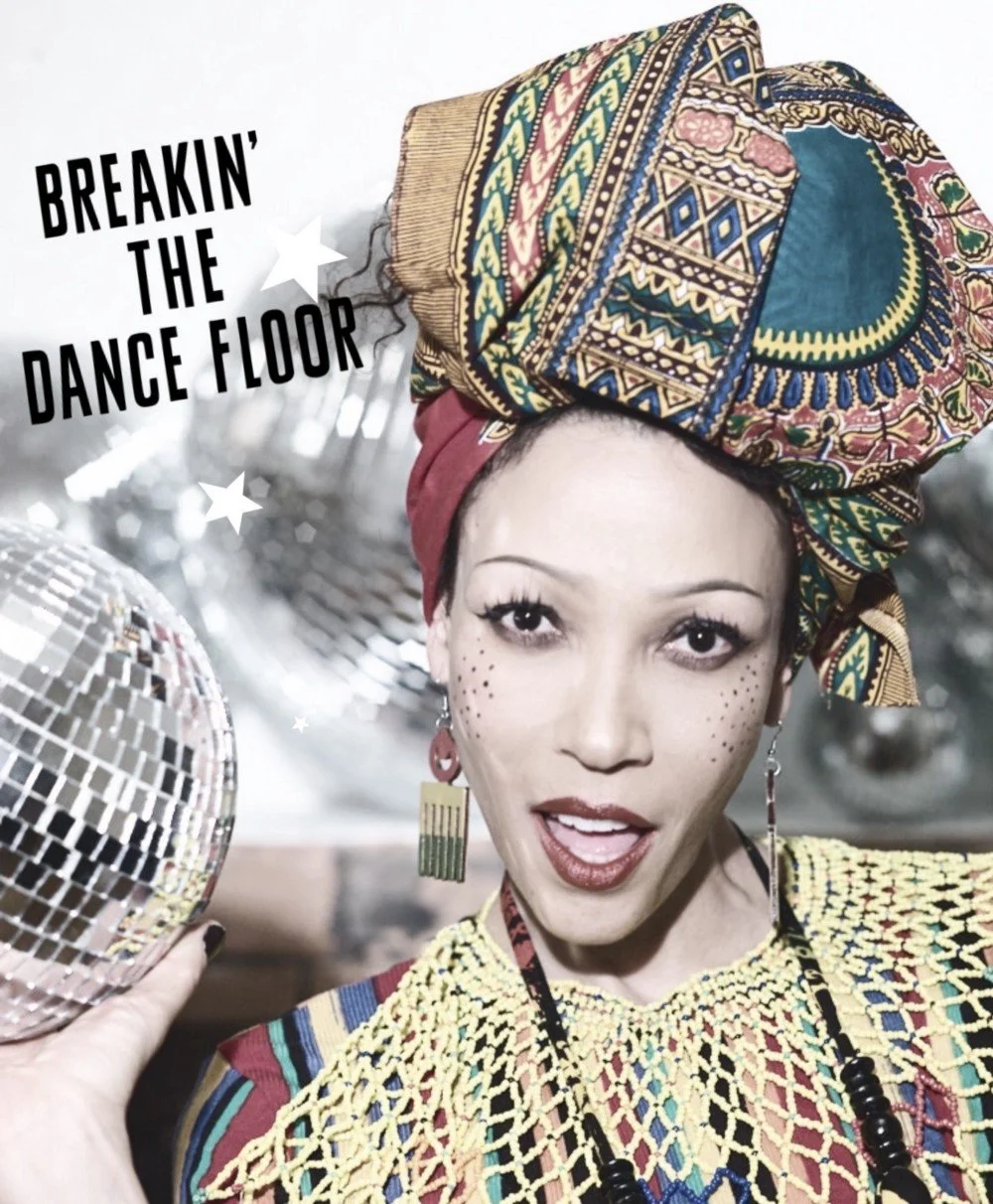How Alex Elle’s Book “After The Rain” Brightened My Days
Written by: Ajeé Buggam
Alexandra Ella (Instagram post)
This year has felt like an endless mental and emotional rollercoaster between COVID, losing jobs, the growing pains of learning skill sets to thrive in a recession, losing loved ones, the ongoing fight for social justice, and an intense ass election year. So much has happened and shaped us, hopefully for the better. Despite what’s been lost this year, I’ve gained a lot of things, like Alexandra Elle’s book, After The Rain. The self-love book is balanced with so much compassion and assertiveness, and has helped me understand how I show up in the world and value myself impacts everything else around me. I’m learning that self-love and healing isn’t linear, but a 3-dimensional experience. And more than anything, it’s not a destination — it’s a journey!
Alex Elle is the author of multiple books, host of hey, girl podcast, wellness consultant, and instructor of writing retreats and workshops. And her latest book, After the Rain, explores obstacles, confidence, and abundance. I’m an avid follower of her Instagram page, @alex_elle, where she regularly posts affirmations. Her words, full of vulnerability, will help fill up your cup. Vulnerability is one of the most challenging emotions to step into, but she’s done it so effortlessly in After the Rain. Each chapter, or lesson, unravels difficult situations she’s experienced and the whole truth of her healing process. I say “whole truth” because we live in such an artificial world, full of people-pleasing and very little room to focus on ourselves in a healthy way, not just through financial gain or material success.
(photo provided by author)
Throughout the book, she explores life’s most challenging scenarios like self-love, change, validation, time, relationships, forgiveness, and comparison.
“For me, change required being brave enough to let go and vulnerable enough to start over, even if that meant trying more than once or twice to get it right.” — Alex Elle
It’s my desire to continue changing and growing as an individual, but it’s also costly, and over time I’ve learned that taking accountability based on my actions sets the tone of what I will receive.
I used to have such a rollercoaster dating life, and in every scenario, I blamed it on the man I was with — they either gave up on me or had commitment issues. But Alex’s words challenged and shifted my perspective, “Changing meant I had to start with being honest about who I was and who I wanted to be. It meant learning the difference between being alone and being lonely.” These words sat differently with me.
Though our stories differ, I could relate to her journey of dealing with abandonment issues from her parents that she extended to seeking in her romantic partners. She took inner child healing to the next level, writing letters to her younger self to heal parts of her that were once neglected and continues to actively water those areas when she’s triggered. I’ve realized that I am the author of my story. Trauma is going to happen eventually, but it’s up to me to decide if I’ll let it define my destiny.
(photo provided by author)
We often forget time is needed for healing, space is necessary in love, and forgiveness should be granted for our peace, not because other people deserve it. I loved the context she’s given about her marriage; it wasn’t all rosy, it was raw, flawed, but they chose to work through it by making time for themselves, healing their own wounds, and coming together to work through forgiveness as a unit. Alex Elle paints a real image of love. Love is a choice and it’s not up to anyone to fix you. You must love yourself enough to show up better for you and your partner.
Generational habits can be broken if you choose to write your story differently. Alex’s mother didn’t give her the love she needed — not out of spite, but because it wasn’t her love language. Alex had to learn to meet her mother where she’s at. I’m going through a similar journey to end resentment in areas of my life where I thought my mom fell short. I’m learning to forgive her because she did the best she could with what she had. That’s the key to a growing, healthy love. That kind of love can be far from perfect, but it’s progressive, and that’s what matters most.
“Comparison is teaching me the importance of compassion. As I continue to unpack my emotional baggage and reflect on my childhood, I am learning to navigate each emotional entanglement with more grace for myself and those I’m in relationship with.” — Alex Elle
Comparison is indeed the thief of joy. However, it’s a process to figure out what fills up my cup because it changes in every season. But in each season of our life, self-love is evolving, and we have to be open to going where life takes us even when we don’t want to. We can’t hold on to jobs, opportunities, and people that reject us; we have to look at it all as a blessing for the next opportunity. We have to choose to stop obsessing over our future and concentrate on how can we can appreciate what we have now.
With every turn of the page, After the Rain won my heart. The meditation journal entry for every chapter helped me dig deeper, work on areas that need more love, comfort myself where I’ve fallen short, and learn that love is not black and white.
More than anything, Alex Elle’s book gracefully forced me to be more patient with my seasons of sorrow and healing. There are always lessons to learn from my experiences once I’m open to exploring them, and so much beauty in the struggle.
“Learning to soothe our suffering — choosing how to move through our pain — that is where the prize is.” — Alex Elle


